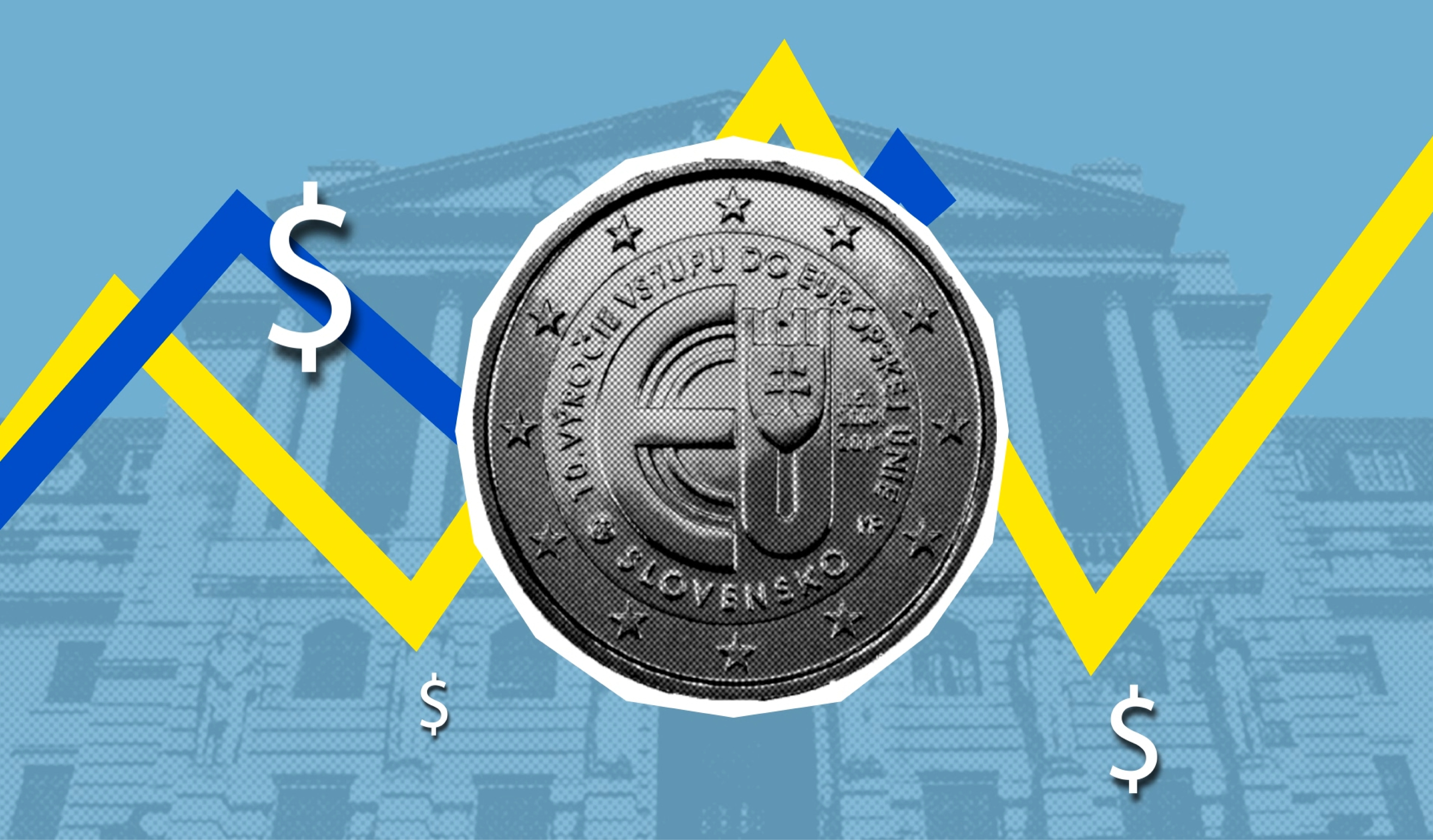EQUITIES
Shares in the Asia-Pacific are mostly trading lower Thursday, battered by concerns about aggressive rate hikes from global policymakers.
Japan’s Nikkei 225 slipped 1.60%, the Hong Kong’s Hang Seng index was 1.52% lower, and the KOSPI in South Korea shed 1.80%. In Australia, the S&P/ASX 200 briefly fell more than 2% earlier and was last traded 1.60% lower.
In mainland China, the Shanghai Composite was up 0.04% after opening lower, while the Singapore’s FTSE Straits Times Index rose 0.18%.
Overnight in the U.S., major stock indexes rose earlier in the session, but closed lower for a fourth straight day. The Dow Jones Industrial Average fell 0.88%, to 31,510.43, the S&P 500 lost 0.78%, to 3,955, and the Nasdaq Composite declined 0.56%, to 11,816.2.
For the month, U.S. stocks ended the month with the worst August performance in seven years. The Dow Jones Industrial Average fell 4.06%, the S&P 500 4.24% and the Nasdaq 4.64%.
OIL
Crude oil prices were volatile on Thursday, with traders citing fears of softening demand from China and the West. The market feared that more aggressive interest rates hike from central banks may lead to a global economic slowdown and soften fuel demand.
Russia on Wednesday also had halted gas supplies via Europe's key supply route. The gas supplies will be halted for three days of maintenance, though the is fears it will not be switched back on, adding to worries of energy rationing during coming winter months in some of the region's richest countries.
Brent crude declined 1.31% to $95.24 per barrel, while U.S. crude rose 0.09% to $88.96 a barrel.
Overnight, the WTI crude futures settled down 2.28% at $89.55 a barrel, after sliding $5.37 in the previous session. Brent crude futures for October fell 2.25% to $95.64.
CURRENCIES
Hawkish Fed expectations saw Treasury yields hit fresh highs. The two-year Treasury yield hit a peak of 3.516%, the highest since late 2007at 3.516%, while yield on 10-year bonds rose 7 basis points to 3.202%.
The U.S. dollar index, which measures the greenback against a basket of currencies, was up 0.36% at 109.078, not far off its two-decade high of 109.48 hit on Monday.
Cryptocurrencies defied the broader gloom and held onto gains, with bitcoin up 1.7% at $20,172.
GOLD
A wave of risk aversion hit markets as the hawkish drumbeat from central banks spurred gains in the U.S. dollar. Gold prices slipped to a six-week low.
Spot gold was down 0.35% at $1,705.40 per ounce, after hitting its lowest since July 21 at $1,701.10 earlier in the day. U.S. gold futures shed 0.68% to US$1,714.60.
Elsewhere, spot silver was down 1.4% at $17.72 per ounce after falling to a more than two-year low. Platinum fell 0.4% to $842.63, and palladium edged 0.2% lower to $2,080.68. Copper fell further after capping its fifth consecutive monthly loss, the longest downward streak since the 2008 financial crisis, as global recession fears mounted.
ECONOMIC OUTLOOK
The share markets are set for a negative start to the new trading month, having closed out August lower as traders grapple with fears of higher interest rates and a looming economic downturn.
Stocks slid and the dollar spiked on Thursday as investors greeted September by selling everything that was not nailed down after a month battered by concerns about aggressive rate hikes from global policymakers.
Investors also digested the results of a factory activity survey in Asia. Regional purchasing managers' indexes activity was weak in countries ranging from Japan, China, South Korea to Taiwan in a sign sluggish demand was adding to headaches for companies already suffering from lingering supply constraints, while also pointed to slowing global economic activity as high inflation, rising interest rates and the war in Ukraine took a heavy toll.
The U.S. Federal Reserve's resolve to continue aggressive interest rate hikes is also dampening the business mood by stoking fears of recession in one of Asia's biggest export markets. Markets are betting that the Fed and the ECB will both raise their key borrowing costs by 75-bps when they meet next week.
Overnight data showed Eurozone inflation had risen to another record high last month, solidifying the case for rate hike.
Strong overnight U.S. jobs data also fuelled concerns over aggressive monetary policy tightening. Data showed ADP private payrolls increased by 132,000 jobs in August, falling short of economists' forecast of job growth of 288,000.
Meanwhile jobs data from the Labor Department is due on Friday and is expected to show nonfarm payrolls rose by 300,000 last month after recording a 528,000 increase in July. Another strong report is likely to further cement expectations of the outsized rate hike.













